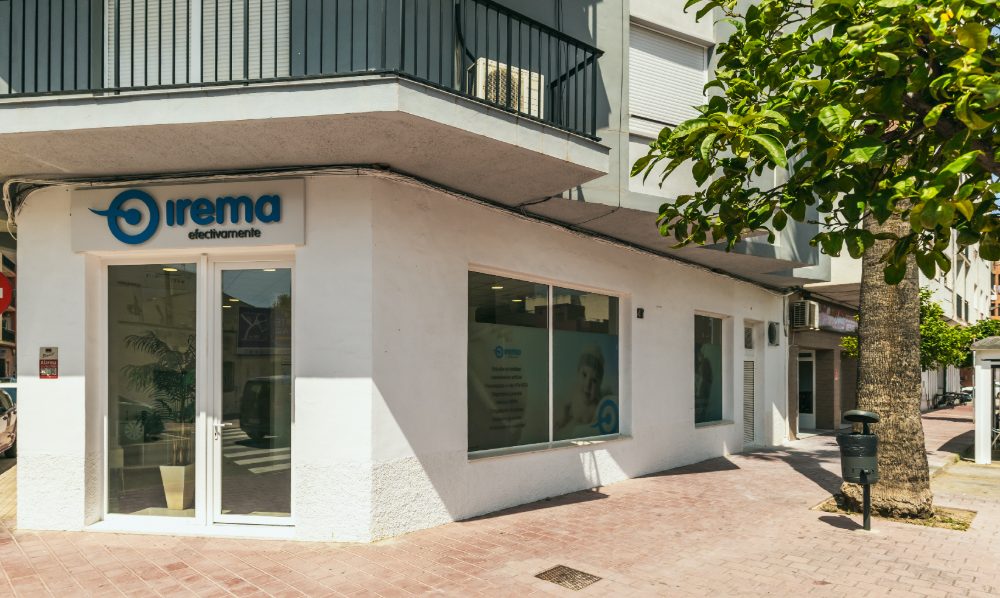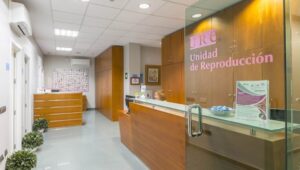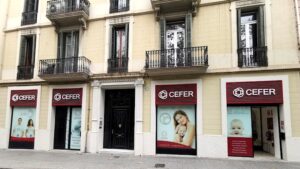IVF treatment availability at IREMA
| IVF at IREMA - restrictions | |
|---|---|
| Woman maximum age | 50 |
| Single woman | Allowed |
| Same sex female couples | Allowed |
| HIV (female) | Allowed |
| HIV (male) | Allowed |
| HCV / HBV (female) | Allowed |
| HCV / HBV (male) | Allowed |
About IREMA
IREMA was founded in 2005 and has clinics in both Beniarbeig in Alicante, and Gandia in Valencia, and both clinics are outfitted with the most modern assisted reproductive technologies available. Thanks to their years of experience and expertise, IREMA was the recipient of the Best Fertility Clinic award in 2015, and with so many IVF clinics around this is no small feat.
The clinic has a wide variety of treatment options available, and thanks to this they are able to offer you personalised treatment. What this means is that instead of a one size fits all plan, they will examine you, and your partner, as well as your medical history, to discover the root cause of your infertility issues. Once this has been done they will decide which specific treatments will work best for your specific case and draw up a plan that has been tailor-made for your needs and requirements.
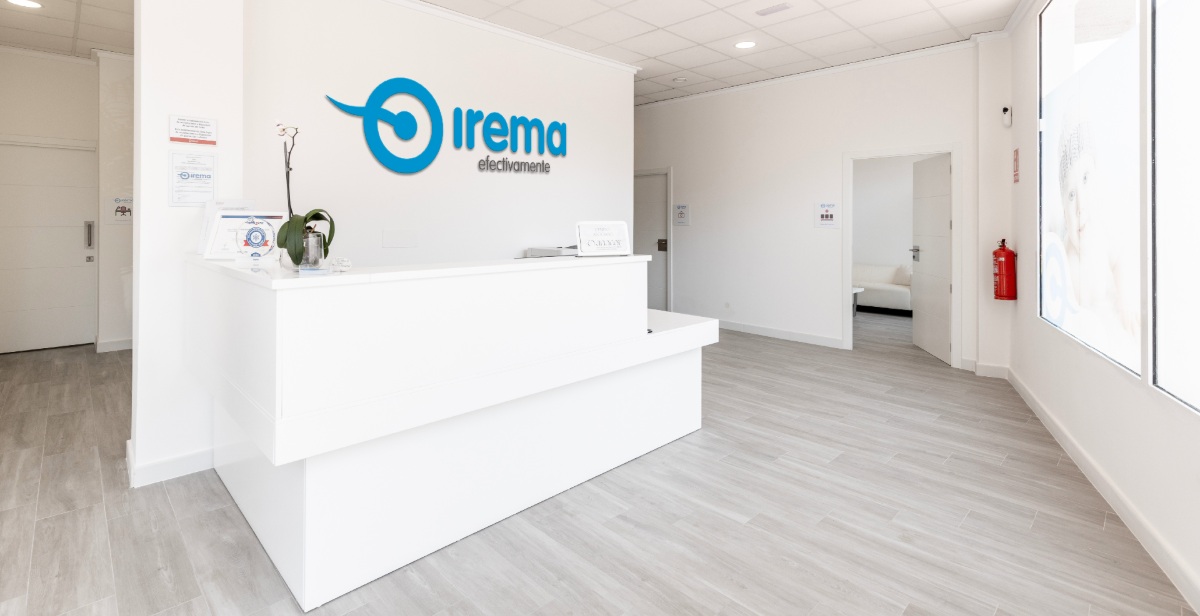
As stated above the clinic has a wide variety of treatments available, some of which are:
- Treatment using sperm from a partner. If your partner has healthy and fertile sperm then you will undergo treatment using this if you wish to.
- Treatment using donor sperm. If you have no partner or your partner’s sperm has low motility or a low sperm count, then you may be required to use a donor to undergo your treatment.
- ICSI. This is called Intracytoplasmic Sperm Injection and is a treatment that is used when the sperm has issues getting to the egg, so the sperm will be directly injected using advanced techniques, to further enhance the chances of pregnancy.
- Egg donation. If you are experiencing infertility issues because of your own eggs then the clinic will be able to arrange a donor for you in order to ensure that there are healthy and fertile eggs available.
- Preimplantation Genetic Diagnosis is a test that is performed on the embryos prior to implantation. The purpose of the test is to ensure that there are no genetic defects or abnormalities within the embryo that will have a negative impact on their development, thus ensuring that only healthy embryos will be implanted. This is a very important test as it can help you have a healthier pregnancy, thanks to only the best embryos being implanted.
- Reciprocal IVF (ROPA) is for all-female couples who wish to have a child together. The treatment is called Reciprocal IVF because one of the women donates their eggs and the other has the eggs implanted, thus both women are directly involved with the pregnancy and neither will feel left out.
When it comes to egg donation all donors in Spain are anonymous by law, and because of this there are more donors available than in countries where anonymity is not guaranteed. You won’t have to worry about the health of the eggs as all donors undergo extensive tests to ensure they are as healthy as can be and that their eggs are fertile. As well as these tests they also have their characteristics recorded, so that when it comes time to match you with a donor the clinic can choose a donor who matches you as closely as possible in looks and blood.
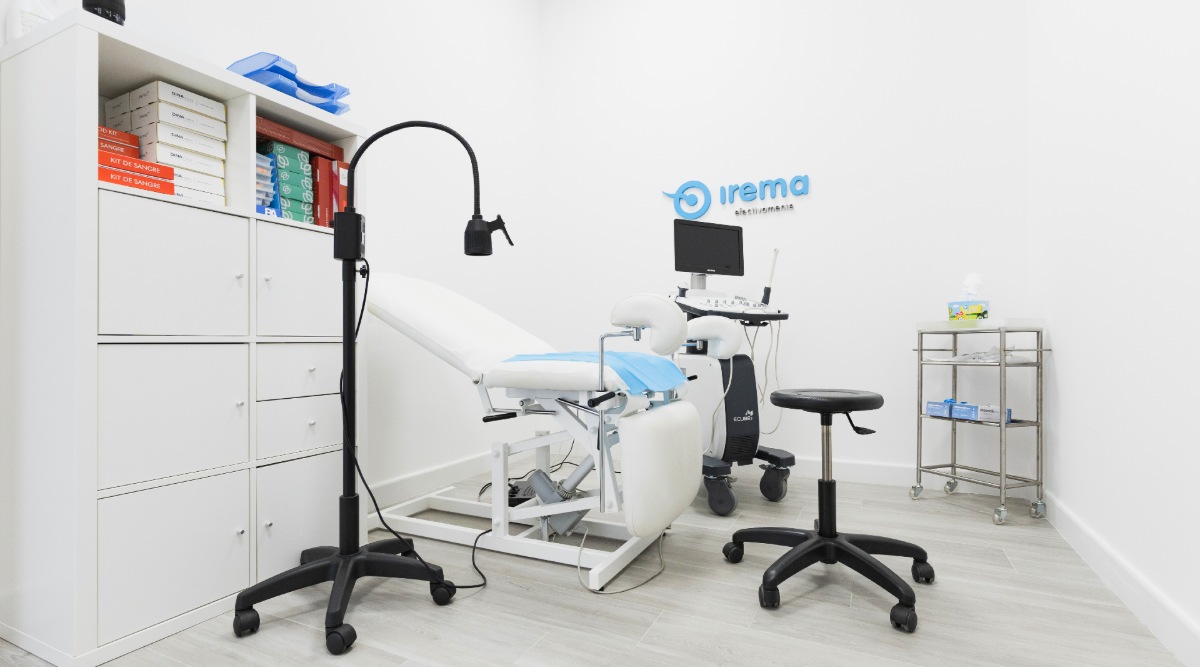
Another very important test that the clinic performs is Genetic Matching. When couples choose to come together and have a child it can be a wonderful and magical experience, however, there is one issue that can cause problems down the line, and that is genetic incompatibility. Due to the way DNA works there are a lot of people in the world whose DNA is not compatible with each other, and when a baby is born as a result it can cause issues down the line, thanks to recessive genes and hereditary diseases. With the genetic matching test, the clinic will be able to determine whether or not any unknown factors at play will have a negative impact on pregnancy, and they can take steps to ensure that it does not become a problem.
You may want to read about donor-recipient matching in this article: Finding the Perfect Egg Donor-Recipient Match | A Conversation with Dr. Verónica at IREMA.
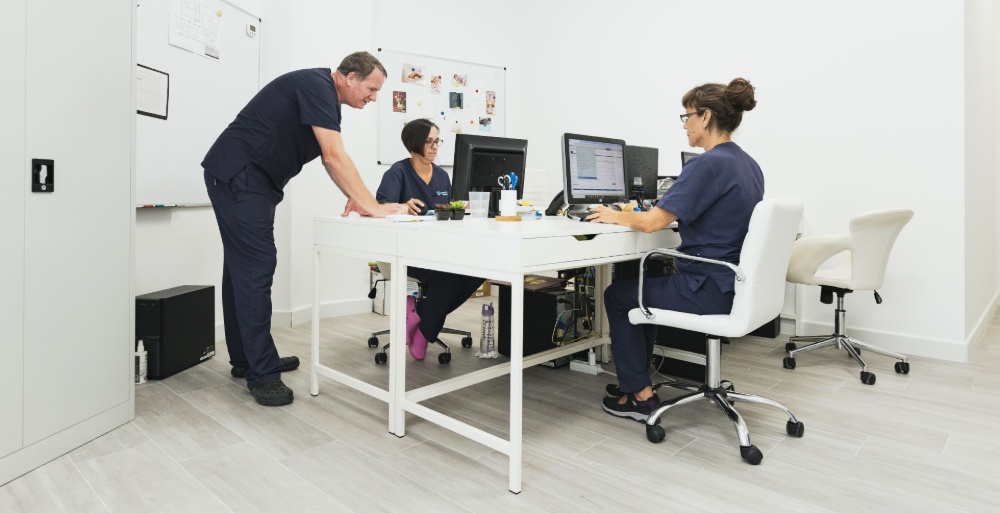
IREMA Experience and Medical Team
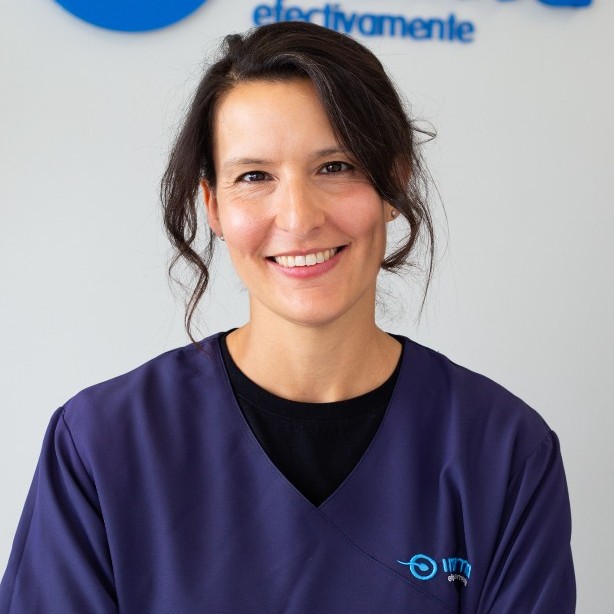
The medical director of the clinic is Dr. Verónica Serrano De la Cruz Delgado, a Gynaecology and Obstetrics specialist who obtained a Master’s degree at the University of Valencia, where she studied Assisted Reproduction and Endoscopic Surgery. She is known for being friendly and sensitive to her patient’s needs and this leads to her gaining their trust, which allows for more open and honest treatment. Get to know dr Veronica, read the interview with her here.
Also at the clinic are Dr Javier Martinez, Dr Omar Zamora, Dr Guillermo Terrado Gil, Dr Eugenia Romaguera, and Fernando Hernández Lloria, PhD, embryologist and Head of Lab, who all have a wealth of experience in treating infertility through IVF treatment and want nothing more than to help people achieve their dreams of becoming parents.
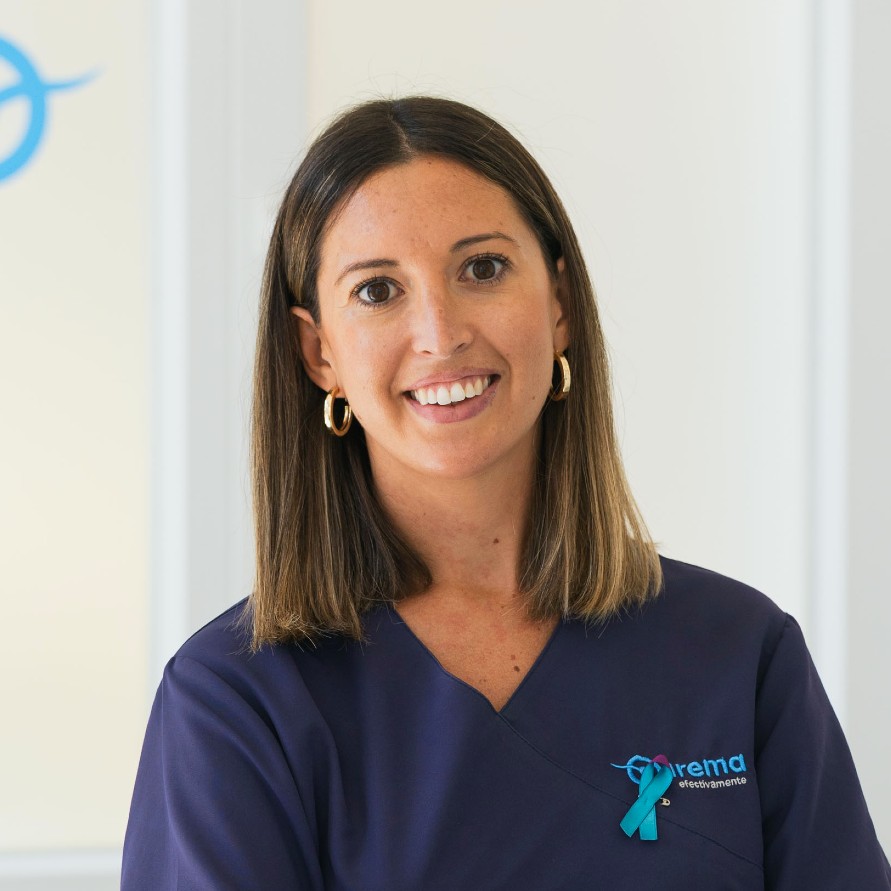
Backing up the team of 6 doctors there is duo of experienced embryologists, Rosana Ribes Salvador and Helena Moragues. Other professionals throughout the clinic, include nurses, a psychologist and patient coordinators who are all there for you throughout your treatment, to ensure that it goes as smoothly as possible.
If you wish to get to know IREMA team better, invite you to watch an insightful webinar led by Dr Omar Zamora from IREMA on the fascinating topic, “What is Epigenetics, and How Does it Affect Egg Donation?” In this session, Dr. Zamora has covered essential questions such as:
- The role of epigenetics in the development of a child conceived through egg donation
- How the recipient’s environment and lifestyle can influence the epigenetic profile and development of the donated egg
- The mechanisms of epigenetic reprogramming in egg donation and its potential impact on a child’s health and traits
- Recent research emphasizing the importance of epigenetics in reproductive medicine, especially in egg donation
Whether you’re considering egg donation or are interested in the science behind it, this webinar offers valuable insights into how epigenetics can shape the journey of parenthood.
Your First Contact – Patient Care Team
At IREMA, their Patient Care Team is dedicated to providing compassionate and personalized support to every individual on their fertility journey. Their team members speak many languages, ensuring clear communication and understanding for all patients.
- Brigida, fluent in both English and Spanish,
- Katia, who speaks French and Spanish,
- Natascha, adept in Spanish, Dutch, and English,
- Anna, proficient in German, English, Spanish, and French,
- Alexia, who speaks Dutch, Spanish, English, and German,
- Federica Corrao,
- Andrea Rodrigo Llobell.
No matter your language or background, they are there to provide you with exceptional care and support every step of the way.
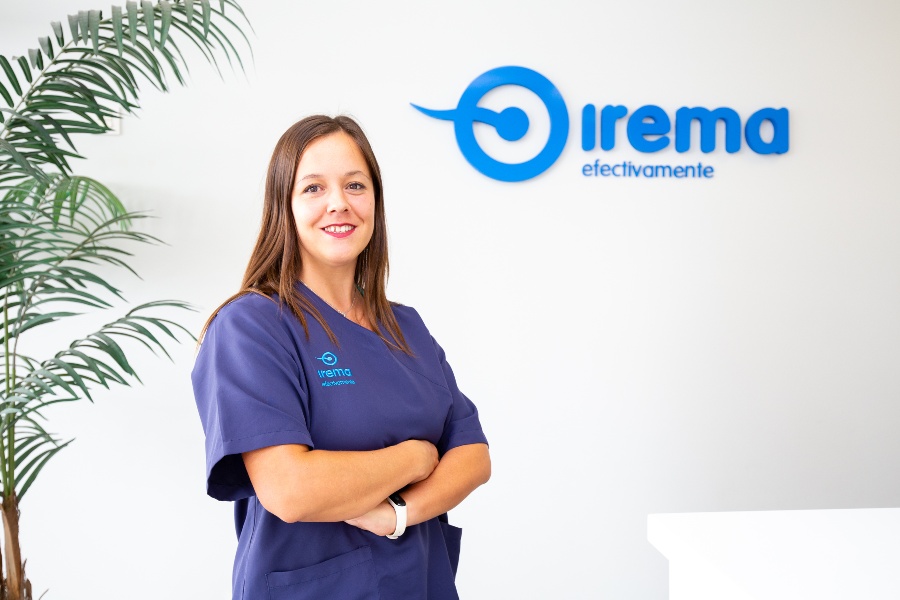
IVF Costs at IREMA
At IREMA the cost of infertility treatment can vary and will depend on which treatments you require, so there is no one price for all treatments. Regardless of which treatment you will require, your initial consultation with the specialist will cost 135 Euros. The standard cost of IVF is 4,150 Euros. If your treatment requires IUI, which is Intrauterine Insemination, you will be expected to pay 850 Euros.
Should you require any donated eggs, embryos, or sperm, in your treatment, you will need to pay for the treatment costs as well. If you need egg donation treatment then you will be paying between 7,290 Euros and 10,600 Euros. Treatment requiring embryo donation will cost around 2,950 Euros. If you require donor sperm during your treatment, regardless of the treatment you undergo, you will need to pay 330 Euros for the sperm.
| Basic IVF packages cost at IREMA | |
|---|---|
| Intrauterine insemination (IUI) | €850 |
| Artificial insemination with donor (AID) | €1,180 |
| IVF with own eggs | €4,150 |
| Egg donation IVF | €7,290 - €10,600 |
| Embryo donation | €2,950 |
| Egg freezing | €2,500 |
| Sperm donation | €1,525 |
| ROPA | €4,790 |
| Surrogacy | N/A |
If you are a lesbian couple wishing to undergo IVF treatment then you have an option available to you called ROPA, which is Reciprocal IVF, whereby one woman donates her eggs and the other has the eggs implanted and becomes the carrier for the pregnancy. The cost of this specific treatment is 4,790 Euros.
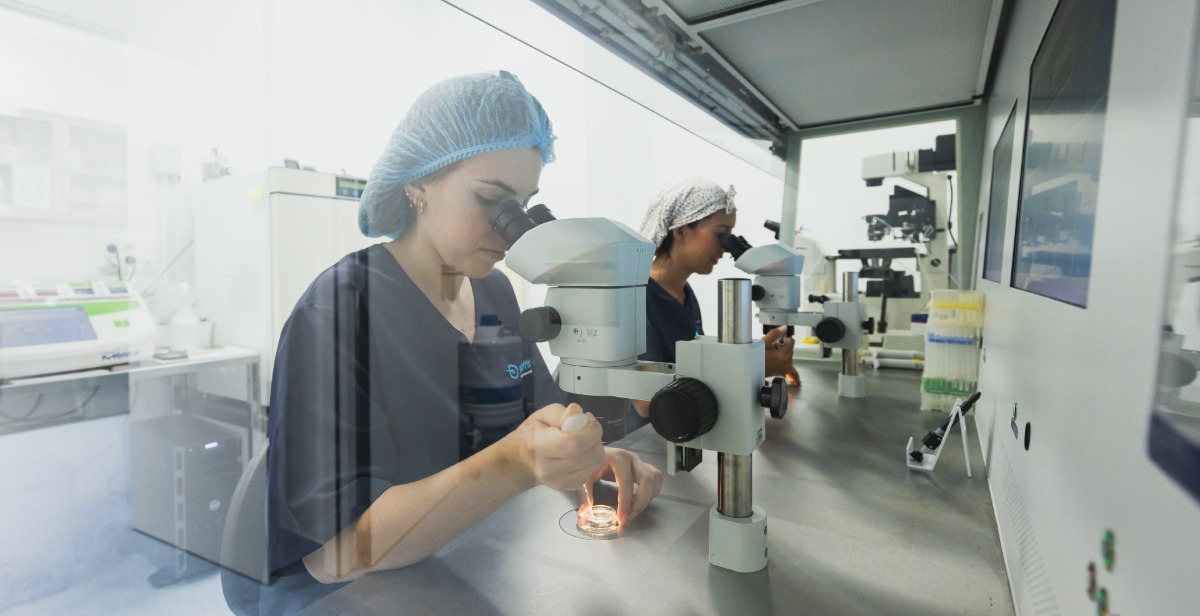
While undergoing treatment there are additional tests that can be made available should you wish. Two of these tests are Embryo Monitoring and Blastocyst culture, both of which will be included in your treatment costs. The third treatment is PGT-A/PGS testing, which is preimplantation genetic testing that is performed in order to ensure the embryos are healthy and at no risk of genetic abnormalities or diseases, the cost of this treatment is between 2,250 Euros and 3,250 Euros.
The clinic also has access to a cryobank should you need any sperm, eggs or embryos to be frozen for later use. The cost to freeze sperm is 120 Euros. If you have undergone treatment and you have embryos remaining you can pay for the vitrification and storage, for 1 year, of these embryos, which will cost 450 Euros. Should you wish to freeze one of your eggs you will be expected to pay 2,500 Euros. If, at a later date, you wish to have one of your frozen embryos implanted then you will undergo FET, which is Frozen Embryo Transfer, and the cost for this is 1,620 Euros.
IVF Add-ons and Other Costs
| Other IVF techniques costs at IREMA | |
|---|---|
| Medical consultation (doctor) | €135 |
| Donor sperm | €330 |
| Sperm freezing | €120 |
| Embryo Monitoring (e.g. Embryoscope) | included in treatment price |
| Blastocyst culture | included in treatment price |
| PGT-A / PGS genetic embryo testing | €2,250 - €3,250 |
| Embryo freezing and storage for 1 year | €450 |
| FET - Frozen Embryo Transfer | €1,620 |
IVF Success Rates at IREMA
In 2023, IREMA’s egg donation program reported a clinical pregnancy success rate of 71% per embryo transfer, showcasing excellent results for women and couples using donor eggs. The success rate for patients using their own eggs for IVF was 49%. However, this varied by age group:
- Patients under 35 years had a success rate of 59%.
- Those aged 35 to 40 years had a success rate of 52%.
- Women over 40 years experienced a success rate of 13%.
Furthermore, the success rate for frozen embryo transfers stood at 51%, highlighting the effectiveness of this method. Additionally, the success rate for embryo donation at the IREMA clinic was 56%.
IREMA specialists focus on blastocyst transfers, typically conducted on days 5-6 of embryo development, to maximize the conditions for successful implantation. In 2023, the clinic reported a multiple birth rate of 8%, highlighting their dedication to fostering singleton pregnancies to enhance the safety and health of both mothers and infants.
The average number of embryos transferred per procedure in 2023 was 1.11, demonstrating a careful and tailored approach to fertility treatments designed to optimize pregnancy success rates while reducing the risks of multiple pregnancies.
Furthermore, the IREMA clinic follows the guidelines set by the Sociedad Española de Fertilidad (SEF), ensuring that it meets the regulatory standards set forth in Spain.
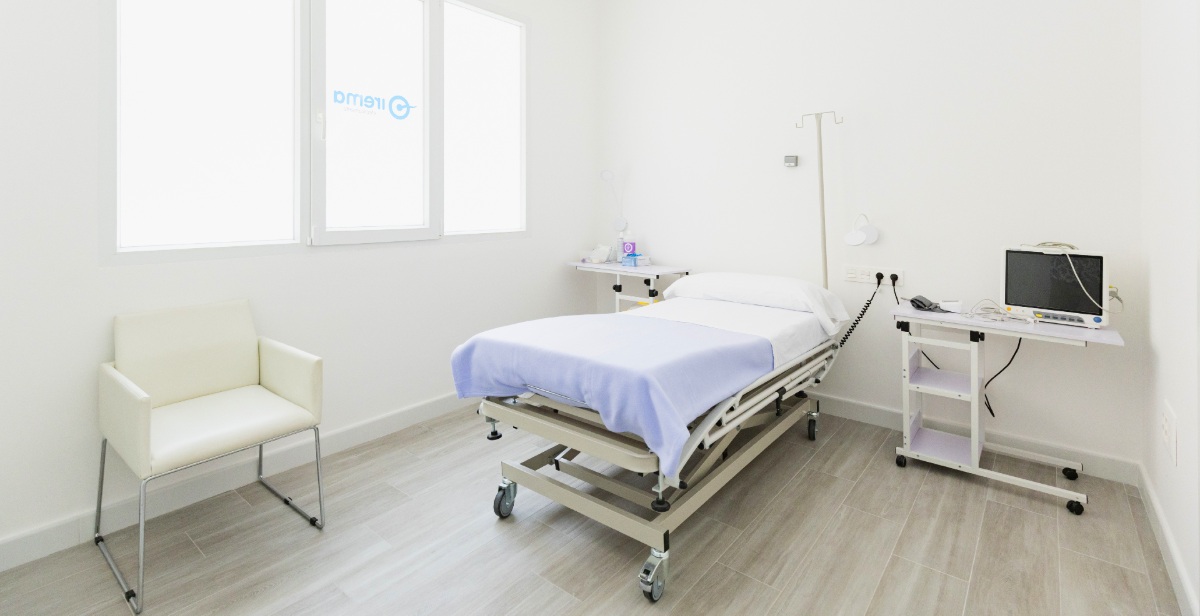
IREMA Location
The main clinic for IREMA is located in Beniarbeig, which is in Alicante. Alicante is a beautiful city by the sea and has beautiful views for you to look at. Whilst undergoing treatment you will be able to have a lovely and relaxing time, while surrounded by beauty and relative quiet, as the clinic is situated in a quiet enclave.
Only an hour from both airports in Valencia and Alicante you will be able to get to the clinic with ease, and you can either hire a car yourself or the clinic can arrange a taxi on your behalf. The clinic is in close proximity to the Ad hoc Vitae hotel, being only a short walk away, and you will be able to have a lovely 10% discount on your stay thanks to a deal they have with the clinic. If you need advice on other hotels, or apartments, in the area the clinic is more than happy to help.
